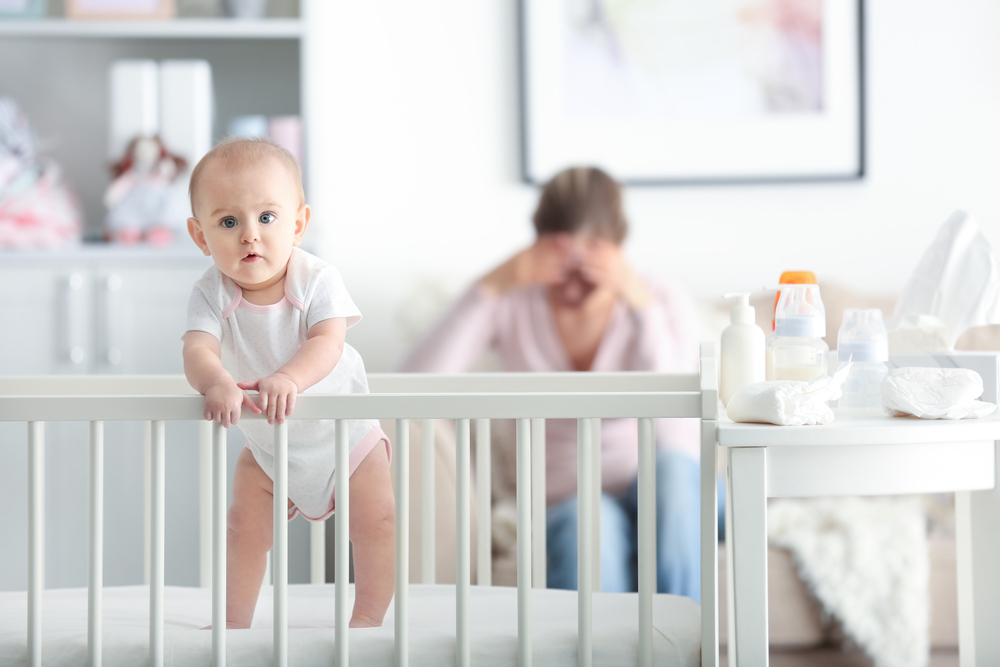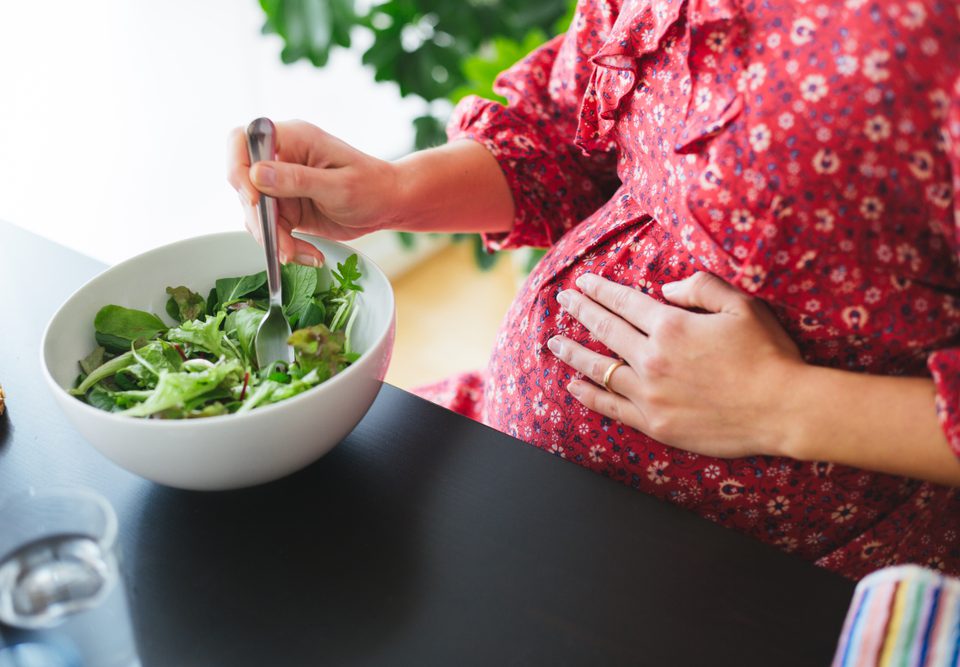Postpartum depression


Tips for good nutrition during pregnancy
6 January, 2021Postpartum depression
Some of us may feel unhappy after the birth of our babies. We need to know that this feeling is not unique to us and there are other mothers who experience postpartum depression (PPD). Although almost all young mothers struggle with hormonal problems and sleep deprivation that could result in stress and moodiness, there are mothers who experience these feelings more severely, in the form of postpartum depression. Although it is a little difficult to diagnose, we can address this condition using some tips. So, if you feel that depression is not allowing you to enjoy this new phase of your life to the fullest, you can take better care of yourself and your baby by seeing a psychologist.
What is postpartum depression?
Postpartum depression is a serious illness that affects mothers who have just given birth to a baby. Although people experience postpartum depression differently, it is generally associated with symptoms such as feelings of deep sadness, indifference to circumstances, and loss of interest in life or the baby. In the following, we will talk about the symptoms of this disease in more detail.
When does postpartum depression start?
This condition can occur at any time in the first year after birth. But generally, it occurs within one week to one month after giving birth. Mothers who have experienced depression before giving birth may experience it again after delivering their babies.
How long does postpartum depression last?
Symptoms of depression may persist for months or even the first year after giving birth.
Symptoms of postpartum depression
There are times when we know something is amiss, but we do admit to ourselves that it could be postpartum depression, because many of us mothers do not have a proper understanding of depression and think that a depressed person wants to harm herself or those around her. So, we decide that we are not suffering from postpartum depression.
We need to bear in mind that not every type of depression, including PPD, necessarily involves thoughts of self-harm or suicide. Symptoms of postpartum depression may include:
- Crying
- Irritability
- Sleep disorders (either one can’t Sleep or wants to sleep all day)
- Eating disorders (e.g., anorexia or excessive appetite)
- Constant feelings of sadness, hopelessness or helplessness
- Severe anxiety
- Difficulty performing duties at home or at work
- Loss of interest in activities one used to enjoy
- Social isolation
- Feeling worthless and being a bad mother
- Inability to take care of oneself or one’s child
- Excessive concern about the health of the child
- Having scary or obsessive thoughts about the child
- Having negative feelings about the child or having little interest in him/her
- Fear of being alone with a child
Unhappiness due to having a baby may cause one to feel guilty or ashamed. We also sometimes feel guilty and the thought of being judged by others may make us really anxious. All of this may lead us to not talk about our feelings and ignore the above symptoms.
We need to know that postpartum depression is never our fault. It has nothing to do with what we did or did not do, and that it can happen to any mother. It is also better to hope in such a situation that others will understand this and will sympathize with us.
Sometimes we think that if we share our feelings with others, they will take our child away from us, but this is not true. Doctors and other specialists are there to help us take better care of ourselves and our little ones.
What causes postpartum depression?
The causes of postpartum depression are still unknown. Although it is believed that hormonal changes after childbirth trigger the symptoms of this condition. A previous history of depression, including depression during pregnancy, also increases the risk of developing this type of depression.
Significant changes in postpartum life can also play a role in the development of depression. These changes include the following:
- Feeling overwhelmed by the birth of the baby
- Lack of sleep
- Having an unrealistic view of motherhood
- Stress caused by changed daily routines at home and at work
- Feeling dissatisfied with the changes in one’s body
- Struggles with one’s new identity
Ways to prevent postpartum depression
Remember that postpartum depression is not our fault and there is no specific way to prevent it. But there are several ways, before and after the baby is born, that can significantly help to alleviate the severity of the postpartum depression symptoms:
- Preparing oneself for pregnancy, childbirth and later stages by reading about them,
- Getting help from others and talking things issues that bother us,
- Getting enough sleep,
- Having proper nutrition and exercising,
- Spending time and hanging out with friends,
- Seeing a psychologist before giving birth (especially if you have a history of depression).
The last word
Many mothers suffer from postpartum depression. This type of depression prevents us from enjoying the sweet postpartum period and makes us feel sad in our hearts. As mothers, we may blame ourselves for our feelings and not talk about our conditions for fear of being judged by others. In such situations, we just have to see a psychologist and be sure that by treating this condition as soon as possible, we can experience more pleasant moments with our babies.





